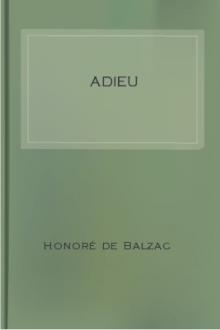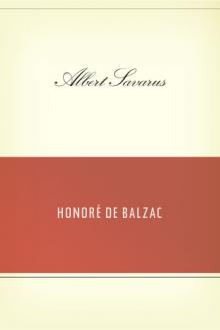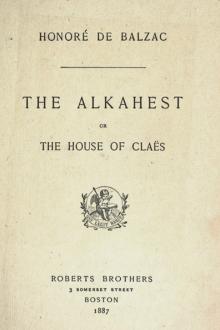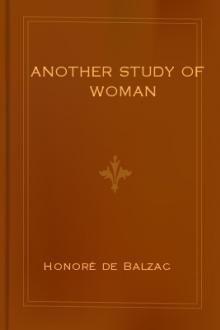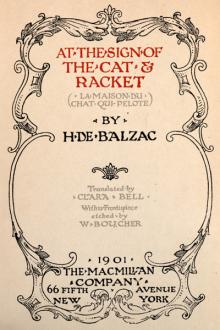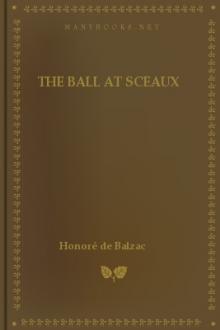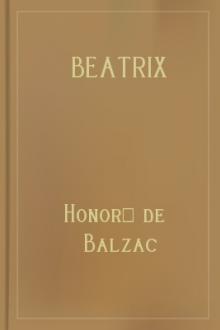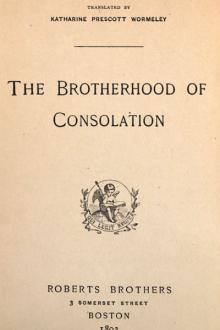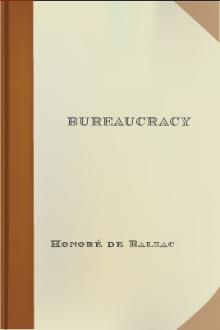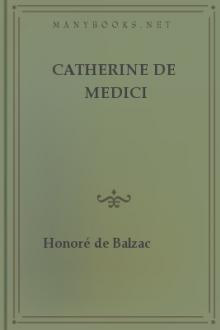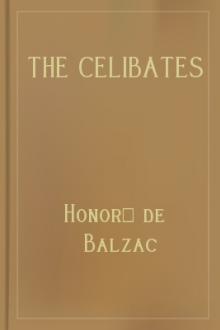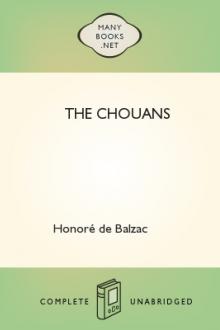Father Goriot
Book Excerpt
At night the wicket gate is replaced by a solid door. The little garden is no wider than the front of the house; it is shut in between the wall of the street and the partition wall of the neighboring house. A mantle of ivy conceals the bricks and attracts the eyes of passers-by to an effect which is picturesque in Paris, for each of the walls is covered with trellised vines that yield a scanty dusty crop of fruit, and furnish besides a subject of conversation for Mme. Vauquer and her lodgers; every year the widow trembles for her vintage.
A straight path beneath the walls on either side of the garden leads to a clump of lime-trees at the further end of it; /line/-trees, as Mme. Vauquer persists in calling them, in spite of the fact that she was a de Conflans, and regardless of repeated corrections from her lodgers.
The central space between the walls is filled with artichokes and rows of pyramid fruit-trees, and surrounded by a border of lettuce, pot- herbs, and parsley.
Editor's choice
(view all)Popular books in Fiction and Literature, Harvard Classics, Gay/Lesbian, History
Readers reviews
While, old Goriot slowly ascends the staircase to poverty, in an attempt to buy love, another boarder, young M. Rastignac attempts to ascend into upper society by romancing wealthy young ladies.
So, while old Goriot spends his money trying to buy love, young Rastignac uses love to acquire money and a another boarder the depraved M. Vautrin freely admits his willingness to kill for money.
But, Goriot’s unselfish love makes young Rastignac reconsider his immoral behavior which upsets M. Vautrin plans, and unhappily as a result, nobody is happy.
So, in the end, young Rastignac finds; love cannot be bought, villains may be honorable and society which may appear honorable on the outside can be deceitful and shabby on the inside - which is where we started.
A kindly old man, a troubled young man and a cunning villain combine to make a great novel.
- Upvote (1)
- Downvote (0)
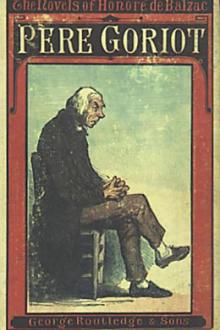
 Free Download
Free Download






















